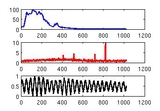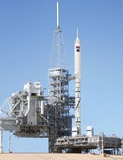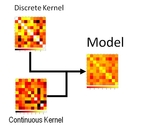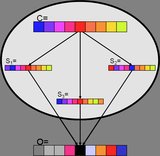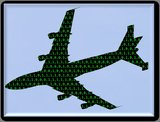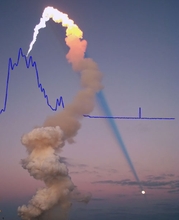
- Resources
The Optical Plume Anomaly Detection (OPAD) system
is under development to predict engine anomalies
and engine parameters of the Space Shuttle's
Main Engine (SSME). The anomaly detection is
based on abnormal metal concentrations in the optical
spectrum of the rocket plume. Such abnormalities
could be indicative of engine corrosion or
other malfunctions.
See also Bryan Matthew's topic on Enceledus results:
https://dashlink.arc.nasa.gov/topic/enceladus-results/
Some helpful links on general blind source separation problems can be found at:
http://www.huginn.com/knuth/bse.html#ica
Attachments
|
452.7 KB |
|
217.1 KB |
|
|
|
|
|
Discussions
Popular Resources
Nothing to see here at the moment. Check back later.

